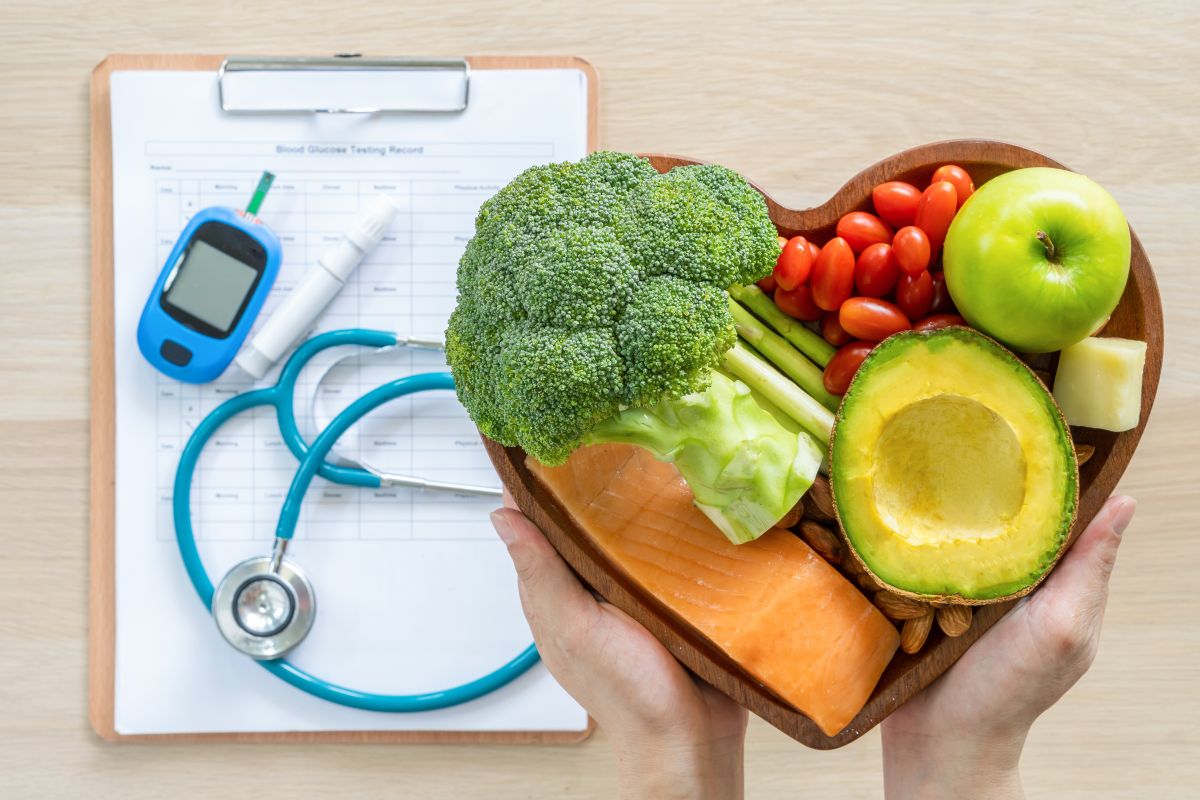6 Foods Diabetic Seniors Should Skip To Maintain Good Health

For seniors with diabetes, selecting the appropriate foods is vital for sustaining optimal health and effectively regulating blood sugar levels. Diet is a key factor in the management of diabetes, underscoring the importance of foods diabetic seniors should embrace for their overall well-being, as well as those they ought to avoid or consume sparingly. Making informed food choices is crucial in supporting their health journey.
Understanding Diabetes and Dietary Choices
Before delving into specific foods to avoid, it's important to understand how diabetes affects the body and why certain dietary choices are necessary. Diabetes is a chronic condition characterized by high levels of glucose (sugar) in the blood. This can occur when the body either doesn't produce enough insulin or doesn't effectively use the insulin it produces.
For diabetic seniors, managing blood sugar levels is crucial for preventing complications such as heart disease, stroke, kidney disease, nerve damage, and vision problems. While medication and physical activity are important components of diabetes management, diet plays a central role in controlling blood sugar levels and promoting overall health.
Sugary Foods and Beverages
Diabetic seniors should steer clear of foods and drinks that are high in added sugars. These include sugary snacks like candies, cookies, and pastries, as well as sweetened beverages such as soda, fruit juice, and sweet tea. Consuming these items can cause rapid spikes in blood glucose levels, leading to potential complications over time.
Refined Carbohydrates
Foods made with refined carbohydrates should be limited in the diet of diabetic seniors. Examples include white bread, white rice, and regular pasta. These refined grains are quickly broken down into sugar in the body, causing blood sugar levels to rise rapidly. Instead, seniors should opt for whole grains like brown rice, quinoa, and whole wheat bread, which provide more fiber and nutrients and have a gentler impact on blood sugar.
Processed and Packaged Foods
Many processed and packaged foods contain hidden sugars, unhealthy fats, and high levels of sodium, all of which can be detrimental to blood sugar control and overall health. Diabetic seniors should read food labels carefully and avoid items like sugary cereals, packaged snacks, frozen meals, and canned soups with added sugars and unhealthy additives.
Fried Foods
Fried foods are often high in unhealthy fats and calories, making them problematic for diabetic seniors. Regular consumption of fried foods like french fries, fried chicken, and fried snacks can contribute to weight gain, insulin resistance, and increased risk of heart disease. Instead, seniors should choose healthier cooking methods like baking, grilling, steaming, or sautéing with heart-healthy oils like olive oil or avocado oil.
Full-Fat Dairy Products
While dairy can be part of a balanced diet, full-fat dairy products like whole milk, cheese, and ice cream can be high in saturated fat, which may increase the risk of heart disease. Diabetic seniors should opt for low-fat or fat-free dairy options whenever possible, such as skim milk, reduced-fat cheese, and yogurt with no added sugars.
Trans Fats
Foods containing trans fats should be avoided by diabetic seniors due to their detrimental effects on heart health. Trans fats are found in many processed and commercially baked goods, as well as fried foods and certain margarines. These fats can raise bad cholesterol levels and increase the risk of cardiovascular disease. Seniors should prioritize foods made with healthier fats like monounsaturated and polyunsaturated fats, found in nuts, seeds, avocados, and fatty fish.
As we conclude our exploration of foods diabetic seniors should avoid, let's remember that small changes can yield significant benefits in managing diabetes and promoting overall health. While it may seem daunting to eliminate certain foods from your diet, the journey to better health is one of discovery and empowerment. By making informed choices and seeking support from healthcare professionals, caregivers, and loved ones, diabetic seniors can embark on a path of delicious, nourishing options that support their well-being for years to come. Here's to embracing healthier eating habits and savoring the joys of a vibrant, fulfilling life!
